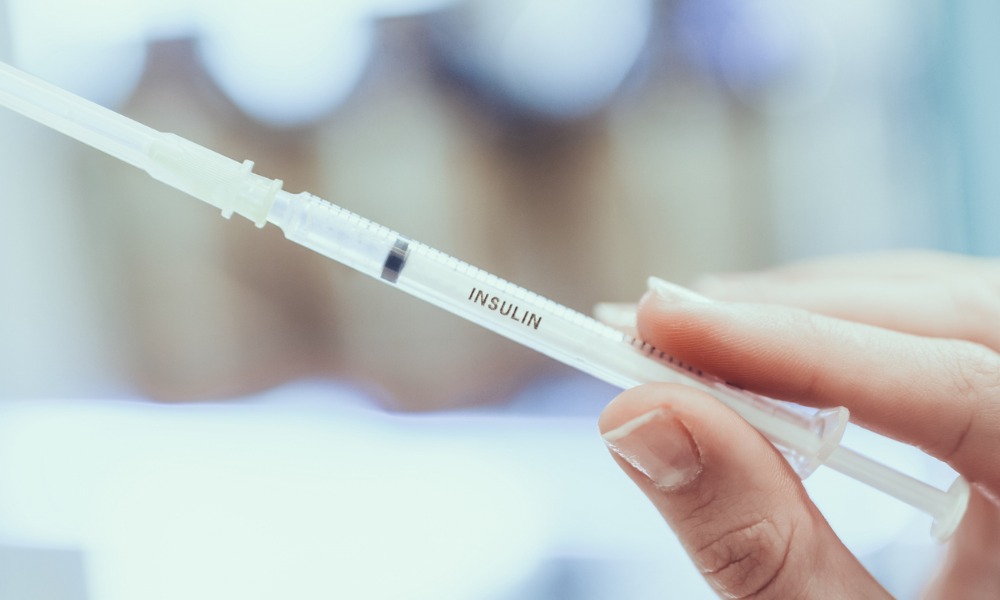UnitedHealth, CVS, and Cigna face allegations of raising insulin costs as millions struggle to pay

The Federal Trade Commission (FTC) has filed a lawsuit against three major US health companies, accusing them of inflating insulin prices, according to CNBC.
The suit, announced on Friday, targets UnitedHealth Group’s Optum Rx, CVS Health’s Caremark, and Cigna’s Express Scripts, which are collectively responsible for administering around 80 percent of US prescriptions.
The FTC claims that these pharmacy benefit managers (PBMs) use practices that artificially raise drug costs while boosting their own profits.
In addition to the PBMs, the lawsuit includes each company's affiliated group purchasing organizations, which manage drug purchases for hospitals and healthcare providers.
The FTC has also signalled that it may take legal action against drugmakers Eli Lilly, Sanofi, and Novo Nordisk for their role in increasing insulin prices.
UnitedHealth, CVS, and Express Scripts have all responded to the lawsuit. A UnitedHealth spokesperson stated that the FTC’s lawsuit “demonstrates a profound misunderstanding of how drug pricing works,” adding that Optum Rx has “aggressively and successfully” negotiated with drug manufacturers.
A CVS spokesperson defended Caremark’s work to make insulin more affordable for Americans, calling the FTC’s claims “simply wrong.” Express Scripts criticized the lawsuit as an “unsubstantiated and ideologically driven attack” on PBMs.
The lawsuit was filed just days after Express Scripts sued the FTC over a July report accusing the PBM industry of raising drug prices.
PBMs play a central role in the US drug supply chain, negotiating rebates with drug manufacturers for insurers, employers, and federal health plans.
They also manage formularies—lists of medications covered by insurance—and reimburse pharmacies for prescriptions. The FTC has been investigating PBMs since 2022.
The FTC argues that the three PBMs have created a “perverse” drug rebate system, prioritizing higher rebates from drug manufacturers, which results in “artificially inflated insulin list prices.” The agency alleges that PBMs favour high-list-price insulins over more affordable alternatives with lower prices.
Rahul Rao, deputy director of the FTC’s Bureau of Competition, commented on the case, stating, “Millions of Americans with diabetes need insulin to survive, yet for many of these vulnerable patients, their insulin drug costs have skyrocketed over the past decade thanks in part to powerful PBMs and their greed.”
Rao added that the FTC’s administrative action is a significant step toward addressing this issue and restoring competition to reduce drug prices.
Around 8 million Americans with diabetes rely on insulin, and many have been forced to ration their medication due to high costs, according to the FTC.
The White House has not commented directly on the lawsuit, but White House press secretary Karine Jean-Pierre reiterated the administration’s stance, stating, “No one should pay higher prices because of corporate greed.”
President Joe Biden’s Inflation Reduction Act has capped insulin prices for Medicare beneficiaries at $35 per month, though the cap does not currently apply to those with private insurance.
The Biden administration and Congress have increased pressure on PBMs in recent years, seeking more transparency in their operations as Americans continue to pay two to three times more for prescription drugs than patients in other developed nations, according to a White House fact sheet.



